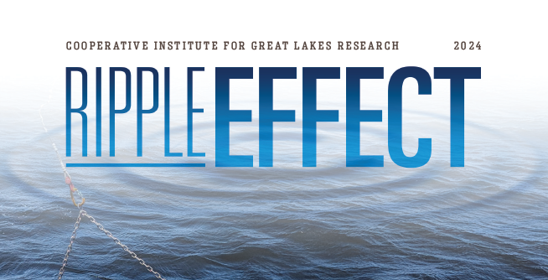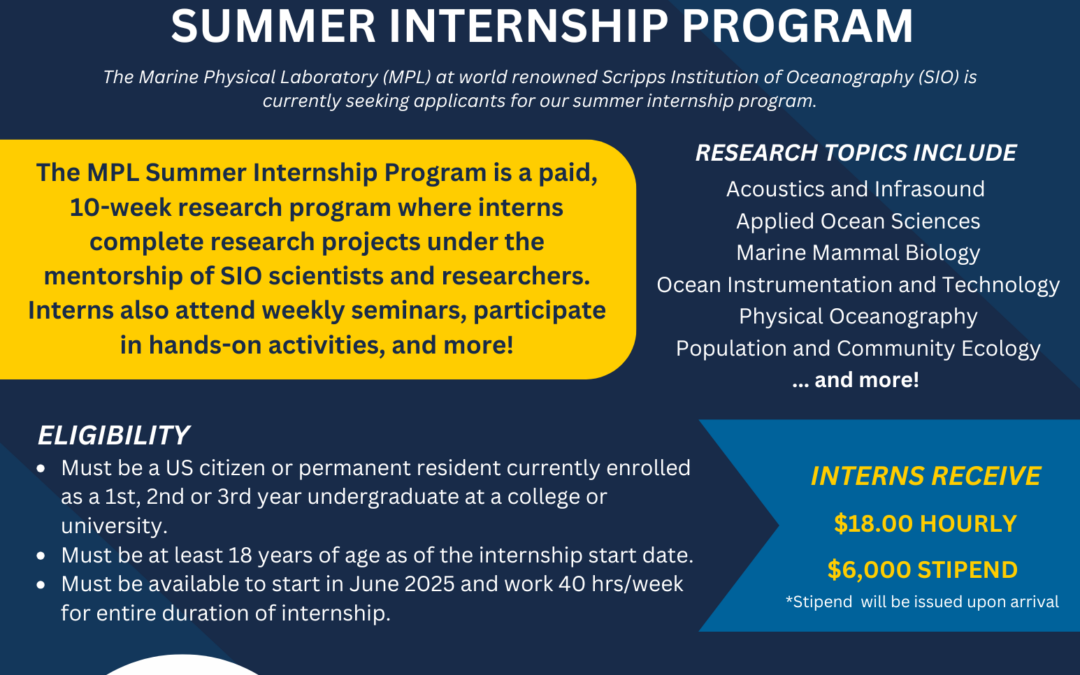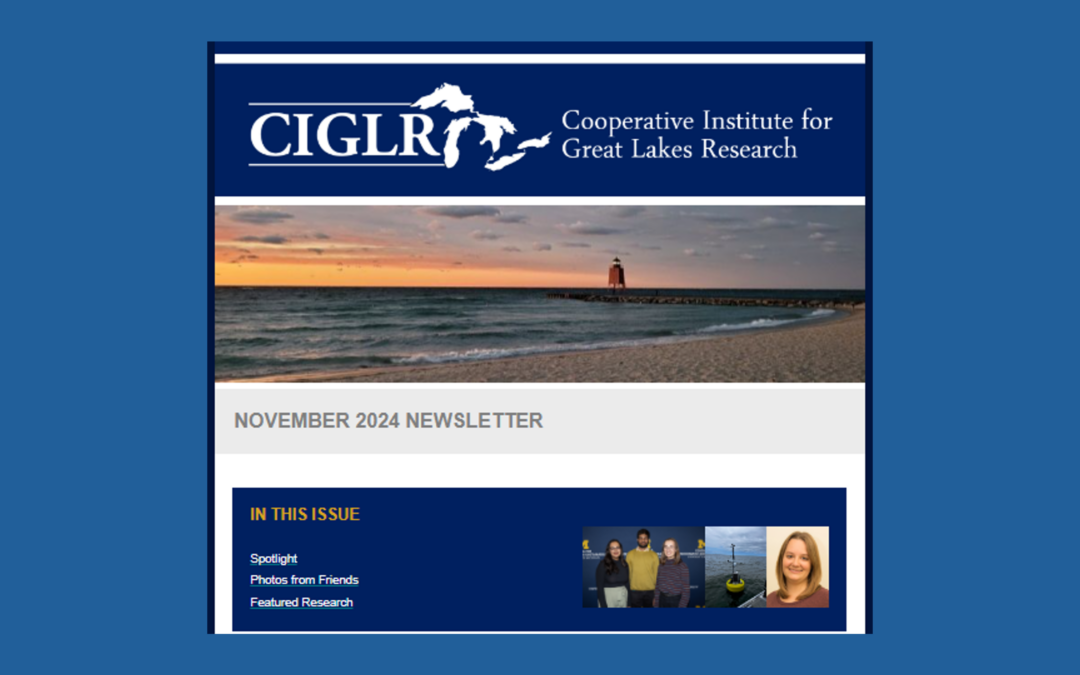
We Are Hiring! 2 Positions!
Come work with us! CIGLR is hiring 2 positions: 1) Research Engagement Specialist, closes January 19, 2025 and 2) Postdoc Fellow in Molecular Ecology, closes February 1, 2025. Click image to learn more.

Come work with us! CIGLR is hiring 2 positions: 1) Research Engagement Specialist, closes January 19, 2025 and 2) Postdoc Fellow in Molecular Ecology, closes February 1, 2025. Click image to learn more.

The 2024 issue highlights CIGLR’s seventh All Partners Meeting, new multimillion-dollar research awards, provides research institute and regional consortium updates, and introduces new staff, students and fellows. If you are interested in a .pdf or print version of the magazine, please contact CIGLR at: [email protected].. Click image to read.

Our colleague Maria Kavanaugh and the Seascape Ecology Lab at Oregon State University will be hiring at least two postdoctoral scholars, a phytoplankton ecologist and seascape ecologist, to work on projects related to biodiversity and ecosystem functioning in US coastal waters, contributing to the Great Lakes Marine Biodiversity Observation Network (MBON). Click image for more information and how to apply.

Our friends at the Marine Physical Laboratory (MPL) at the prestigious Scripps Institution of Oceanography, University of California, San Diego are currently seeking inquisitive, motivated undergraduates w/ exceptional aptitude for quantitative science & technology to apply for the 2025 MPL Summer Internship Program. Click image for more information.

In this Issue: Advanced Buoy Sensors; Greenhouse Gas Dynamics in GLs Coastal Wetlands; 2025 CIGLR Programs; Media with Impact